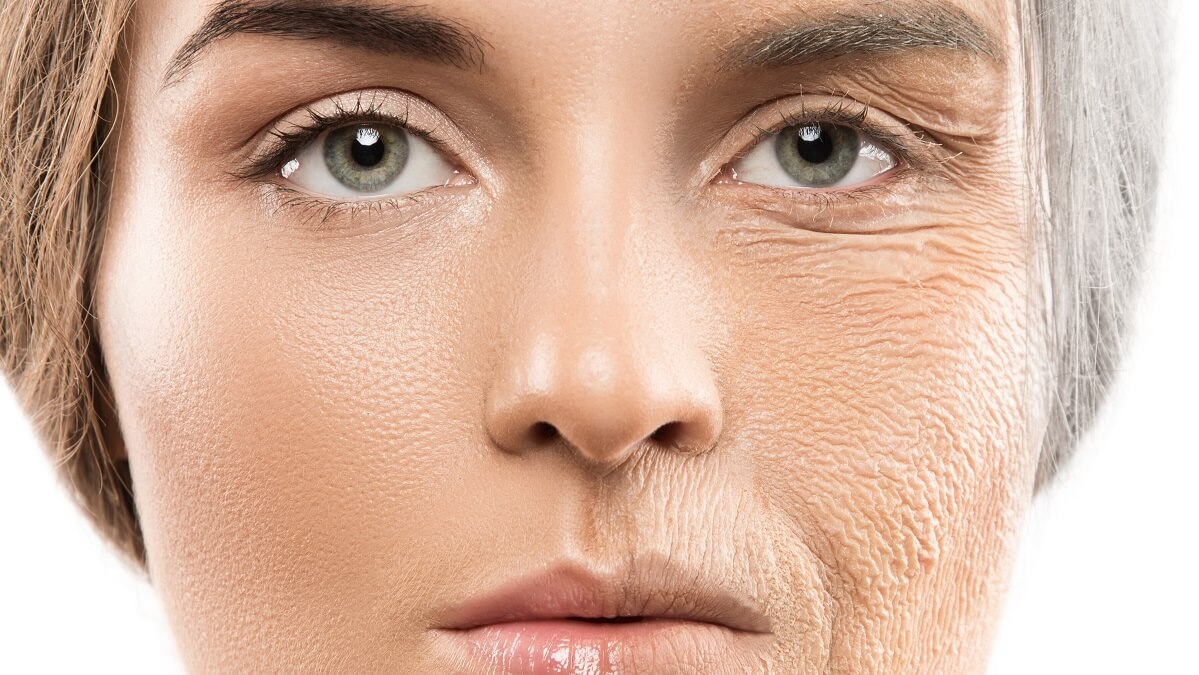Is it possible that your biological age is different to your chronological age? And what can we do to help ourselves stay biologically younger? Science has been working on these questions for some time now, and new Australian research may have the answers.
As a 50-something person who suffers from aches and pains that I probably shouldn’t have yet, I’m keen to find out. By sheer chance, I was given a clue to some of the answers last weekend.
The clue came to me while I was sitting on the couch channel-surfing at about 1am. (And, yes, I’m fully aware that the preceding sentence provides several reasons for my poor biological age.)
I happened to come across a BBC documentary called How to Stay Young. Co-presented by Angela Rippon and Dr Chris van Tulleken, it examined why many of us have a biological age disparity.
Dr van Tulleken and his twin brother, along with another pair of identical twins, submitted to a laboratory blood test. This blood test supposedly reveals our biological age. Applying it to identical twins who live different lifestyles can help identify how much lifestyle plays a part in ageing.
While I’m not sure of the rigour of that blood test, it did appear to suggest lifestyle is a factor in our biological age.
Ms Rippon had a full body CT scan that looked at each of her internal organs. This more thorough process revealed an excess of visceral fat around her liver and heart. This means Ms Rippon has a biological age higher than her actual (chronological) age.
What does peer-reviewed science say about biological age?
How to Stay Young is, of course, a television documentary, and its focus is on entertainment as much as information. While not doubting its veracity, I wondered what more solid, peer-reviewed science had to say on the matter.
Fortunately, a newly published report examines this very subject. A team from the University of Melbourne’s Department of Psychiatry studied more than 100,000 adults for the research.
The team, led by Dr Ye Ella Tian, used data from the United Kingdom Biobank study. They found that our organs – especially our heart – play a vital role in determining our biological age.
More specifically, they found that the biological age of the heart is predictor of the biological age of other organs.
“If your heart appears older than your chronological age, it is more likely that your kidneys, lungs, bones and brain will also appear older,” Dr Tian explained.
What will science do next with this knowledge?
Co-author of the study Professor Andrew Zalesky said: “Our aim is to test people who have a predisposition or an existing risk that would mean measuring organ age could give medical professionals the insight to commence early treatments and interventions.”
And, at some future point, this measurement might be available through a simple visit to the GP. “In the future, we hope that the biological age of your brain and body will be routinely measured in the doctor’s clinic to identify people at risk of chronic disease,” said Dr Tian.
Until then, my visits to my GP will probably entail him telling me to get off the couch and go to bed earlier.
Also read: Majority of long COVID patients have organ damage a year later


We moved to a retirement village 15 years ago and everything was great, we had excellent, caring management here then. Since then new owners are now “running” the village. My husband passed away over 2 years ago and the once lovely village is not so lovely any more. Many of the residents who have lived here since before the takeover think like me, it just isn’t the same, it’s like the owners don’t know what they’re doing, and they don’t really care about us at all. So, if anybody is thinking about making the move to a village, please give it a lot of thought before doing so.